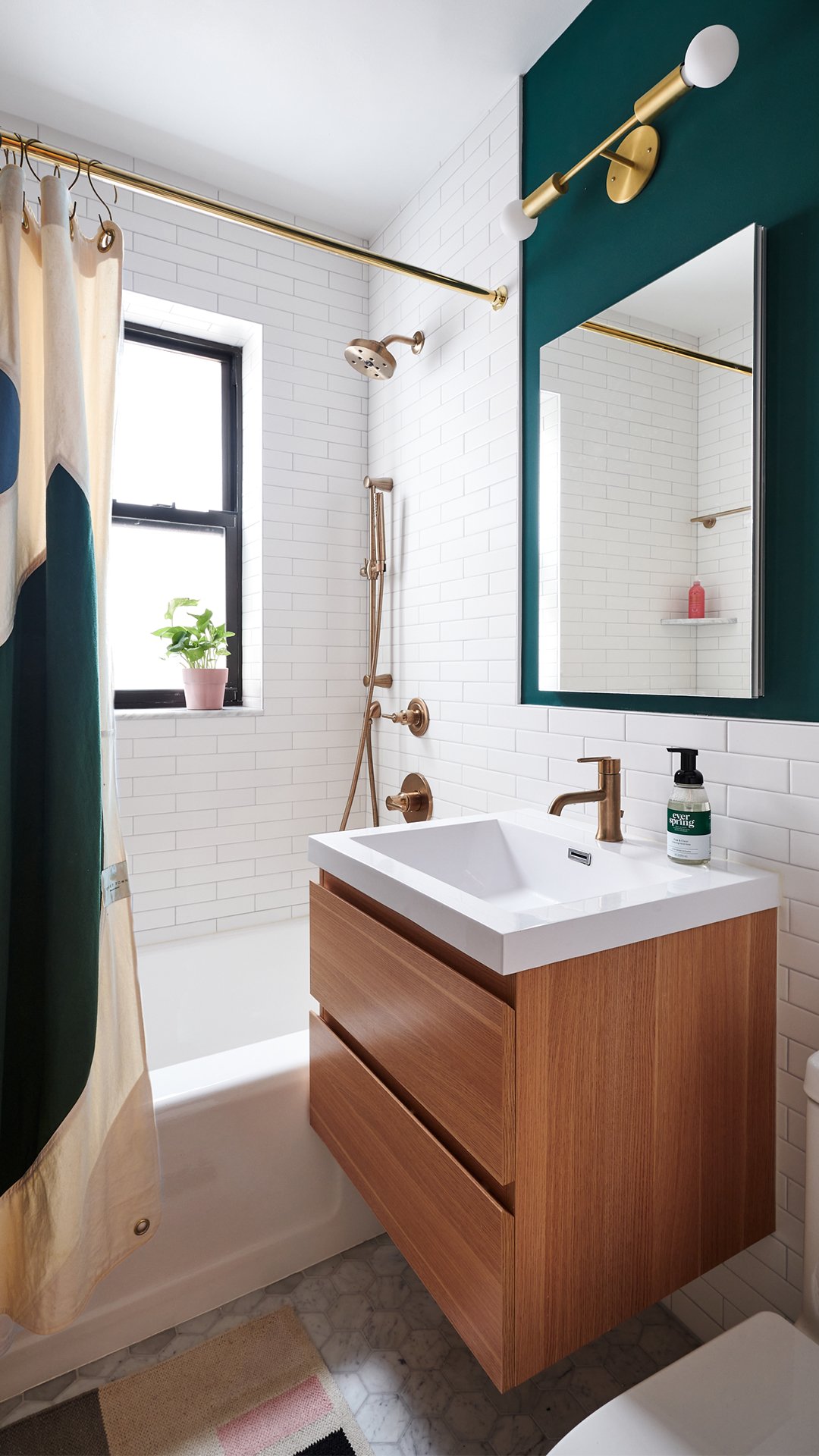First-Time Homeowners: Essential Advice for Your Bathroom Plumbing
First-Time Homeowners: Essential Advice for Your Bathroom Plumbing
Blog Article
Are you currently hunting for details involving Essential DIY Bathroom Plumbing Tips Every Homeowner?

For new house owners, understanding and preserving bathroom pipes can conserve both time and money by avoiding pricey concerns down the line. Below are some crucial bathroom plumbing suggestions to assist you keep every little thing running efficiently.
Familiarize Yourself with the Main Shut-Off Valve
Knowing where the main water shut-off valve lies in your house is critical. This permits you to promptly turn off the water in case of significant leaks or throughout plumbing emergency situations, avoiding comprehensive water damages.
Frequently Check for Leakages
Small leakages can cause big issues. Regularly check under sinks, around bathrooms, and near plumbing fixtures for any type of signs of leaks. Try to find wetness, small drips, or corrosion. Capturing and fixing leaks early can stop more serious damages and save water.
Do Not Overlook Slow Drains
If your sink or tub is draining pipes gradually, it's often an indication of a blockage forming. Resolving this very early can prevent a full blockage. Utilize a plunger or a plumber's serpent to clear out debris. Avoid utilizing chemical drainpipe cleaners as they can harm your pipes in time.
Know What Not to Flush
Bathrooms are not waste disposal unit. Stay clear of flushing anything apart from bathroom tissue and human waste. Products like wipes, feminine hygiene items, and cotton swabs need to be disposed of in the trash to prevent clogs and sewage system backups.
Install Strainers in Drains
Place filters in your sink and bath tub drains pipes to capture hair and various other debris before they enter your pipes system. Cleansing the strainers frequently will aid avoid build-up and maintain water moving openly.
Preserve Your Hot Water Heater
Guarantee your water heater is readied to an ideal temperature level (commonly around 120 levels Fahrenheit) to prevent hot and decrease power use. Flush the tank each year to get rid of sediment accumulation, which can reduce the performance and life-span of your heating system.
Update Your Components
If your home has older fixtures, take into consideration updating to much more effective models. Modern toilets, showerheads, and faucets are created to make use of much less water while providing excellent stress, which can considerably reduce your water expense and environmental impact.
Beware with DIY Plumbing Services
While it's appealing to manage all home repairs by yourself, be cautious with pipes. Some issues could need specialist proficiency, especially if they include main water lines or sewage system repair work. Employing a professional can sometimes be a lot more cost-effective than do it yourself, specifically if it prevents further damage.
Plan For Winter
Safeguard your pipelines from cold throughout cold weather by insulating pipes in unheated areas like cellars, attics, and garages. Throughout extreme cool, let cold water drip from taps served by subjected pipes to aid prevent cold.
Schedule Regular Maintenance
Consider organizing annual examinations with a licensed plumber. They can find concerns that you may miss out on, such as concealed leaks or wear and tear on pipelines and components. Regular maintenance assists expand the life of your plumbing system and can avoid emergency situations.
Final thought
Understanding and maintaining your home's bathroom pipes can avoid numerous typical concerns. By following these important suggestions, you can ensure your bathroom continues to be useful and effective, conserving you time and money in the future.
Essential Plumbing Tips for Homeowners: Keep Your Pipes Flowing Smoothly
As a homeowner, understanding the basics of your plumbing system can save you time, money, and a lot of headaches. Plumbing issues can range from minor annoyances like dripping faucets to major problems like burst pipes that cause significant damage. This guide provides essential tips to help you maintain your plumbing system and tackle common issues.
Understanding Your Plumbing System
Supply System: Brings fresh water into your home from a municipal source or a well. Drain-Waste-Vent System: Removes wastewater and vents sewer gases outside. Fixtures and Appliances: Includes sinks, toilets, showers, dishwashers, and washing machines. Basic Maintenance Tips
Regular Inspections: Periodically check for leaks, corrosion, and other signs of wear and tear. Look under sinks, around toilets, and near water heaters. Know Your Main Shut-Off Valve: In case of a major leak, you’ll need to shut off the water quickly. Ensure everyone in your household knows where the main shut-off valve is located. Prevent Frozen Pipes: In cold climates, insulate exposed pipes and let faucets drip during extreme cold to prevent freezing. Use Strainers: Install strainers in sinks and tubs to catch hair, food particles, and other debris that can cause clogs. Common Plumbing Issues and Solutions
Clogged Drains:
Prevention: Avoid pouring grease down the drain and use drain screens to catch debris. DIY Fix: Use a plunger or a plumbing snake to clear minor clogs. For stubborn clogs, a mixture of baking soda and vinegar can sometimes help. Leaky Faucets:
Prevention: Replace washers and seals regularly. DIY Fix: Turn off the water supply, disassemble the faucet, and replace worn parts.

Recurring Service Plans Report this page